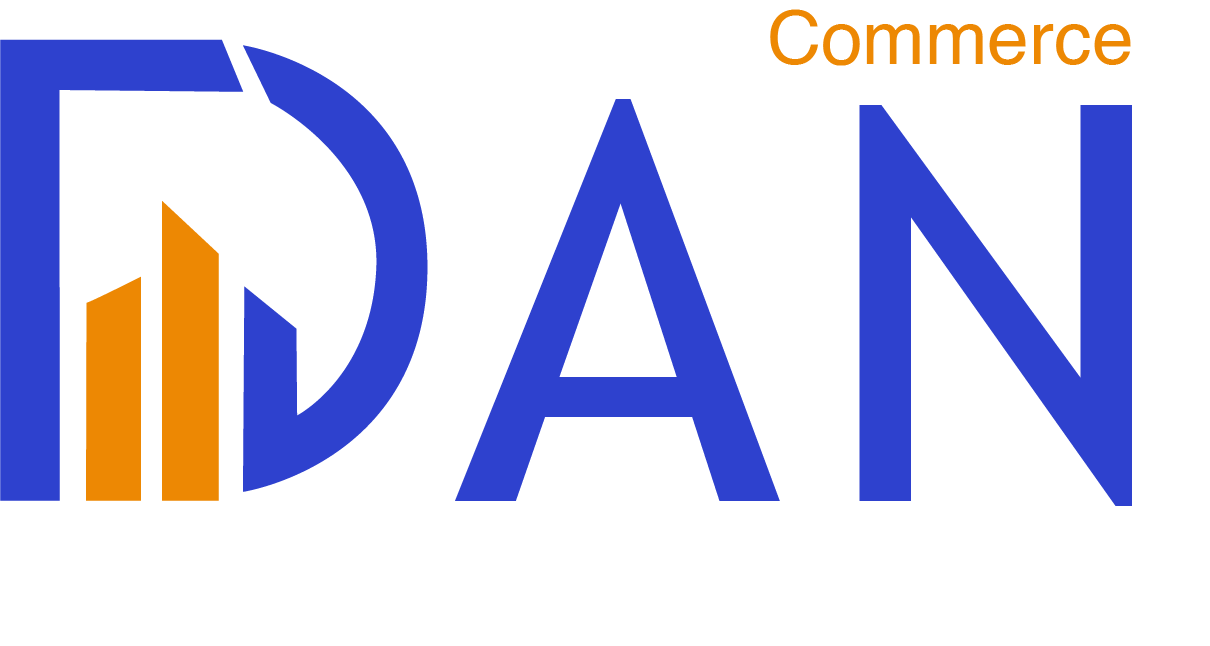Course Content:
Fundamentals of Advanced Financial Analysis:
Review of the fundamental concepts of financial analysis, including financial statement analysis and the main financial indicators.
Study of the relationship between accounting and financial analysis, and how to correctly interpret accounting data.
Advanced Financial Modeling:
Development of complex financial models that integrate revenue, cost, working capital and cash flow projections.
Use of Excel and other modeling tools to create scenarios and simulations that reflect different market conditions.
Profitability Analysis and Project Valuation:
Evaluating project profitability through key metrics such as Net Present Value (NPV), Internal Rate of Return (IRR), and Payback Period.
Sensitivity and scenario analysis to determine the impact of critical variables on project profitability.
Financial Risk Assessment:
Advanced methods to identify, measure and manage financial risks, including credit risk, market risk, and liquidity risk.
Use of analysis tools to mitigate the impact of financial risks on the company.
Mergers and Acquisitions (M&A) Analysis:
Financial analysis techniques applied to M&A processes, including target company valuation and transaction structuring.
Study of real M&A cases to understand the financial strategies behind these transactions.
International Financial Analysis:
Understanding the factors that affect finances in a global context, including exchange rate, country risk, and international markets.
Evaluation of the financial implications of operating in global markets and how to manage the challenges of globalization.
Strategic Decision Making Based on Financial Analysis:
Application of financial analysis in strategic planning and business decision making.
Development of financial strategies that align corporate objectives with market realities.
Advanced Financial Reporting:
Advanced techniques for financial reporting that provide a clear and detailed view of financial performance to stakeholders.
Presentation of financial analysis to senior management and other stakeholders, with a focus on clarity and accuracy.
Final Project:
As part of the course, participants will conduct a detailed financial analysis of a real company or project, applying the advanced techniques learned during the course.
This analysis will be reviewed by experts from the financial sector, who will provide feedback and suggestions to improve the accuracy and impact of the analysis.
Additional Benefits:
Advanced Financial Analysis Certification:
Upon completion of the course, you will receive a professional certification that validates your proficiency in advanced financial analysis, recognized by financial institutions and global corporations.
Access to Exclusive Tools and Resources:
You’ll get access to financial modeling software, case studies from leading companies, and webinars with industry experts.
Mentoring and Ongoing Support:
Throughout the course, you’ll have guidance from experienced corporate finance mentors who will provide personalized support and answers to your questions.
Course Duration: 6 months
Modality: 100% online, with live sessions and access to recorded content.



Valoraciones
No hay valoraciones aún.